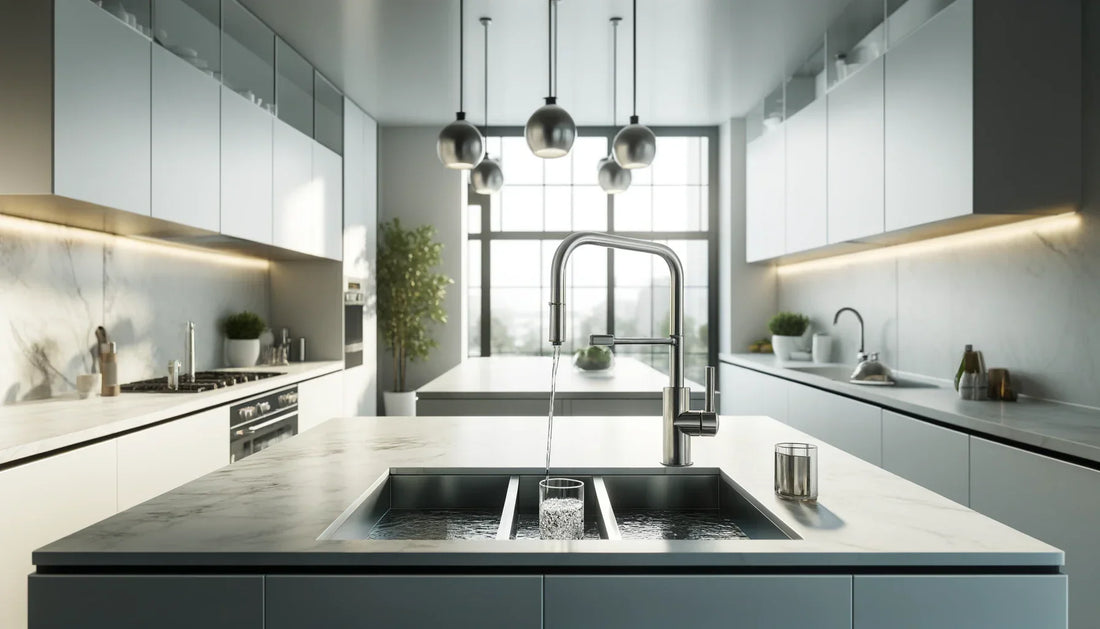
6 Tips to Choose Best Whole House Water Filter
Share
A whole house water filter is an essential investment for ensuring clean, safe, and great-tasting water for your entire household. With so many options available on the market, choosing the right one can feel overwhelming. Here are six tips to help you make the best choice:
1. Understand Your Water Quality
Start by identifying the specific contaminants in your water. You can do this by requesting a water quality report from your local municipality or conducting a home water test. Knowing whether your water contains sediment, chlorine, lead, heavy metals, or other impurities will help you select a filter designed to address your needs.
2. Choose the Right Filter Type
Different filters are designed to tackle specific contaminants. Common types include:
-
Activated Carbon Filters: Great for removing chlorine, odors, and organic compounds.
-
Reverse Osmosis Systems: Ideal for filtering out heavy metals, fluoride, and dissolved solids.
-
UV Filters: Effective for eliminating bacteria and viruses.
-
Sediment Filters: Best for trapping dirt, sand, and rust particles. Consider a multi-stage filtration system if your water has a variety of contaminants.
3. Evaluate Flow Rate
The flow rate of a water filter determines how much water it can process per minute. A low flow rate might not provide enough water for larger households or homes with multiple bathrooms. Check the filter’s flow rate (measured in gallons per minute) to ensure it meets your household’s daily water usage.
4. Check Filter Lifespan and Maintenance Requirements
Consider the filter’s lifespan and how often it needs replacement. Some filters require frequent changes, which can add to your ongoing costs. Look for a system with durable, long-lasting filters and ensure replacement filters are readily available and affordable.
5. Consider Installation and Space Requirements
Some whole house water filters are compact and easy to install, while others require more space and professional installation. Evaluate your home’s plumbing setup and available space to determine which type of system is feasible for your needs. Additionally, check if the system is compatible with your existing plumbing.
6. Set a Budget
Whole house water filters come in a wide range of prices. Determine your budget, but don’t compromise on quality. While upfront costs may be higher for premium systems, they often save money in the long run by requiring less maintenance and providing better performance.
Final Thoughts
Choosing the right whole house water filter doesn’t have to be complicated. By understanding your water quality, selecting the right filter type, and considering factors like flow rate, maintenance, and budget, you can ensure your family has access to clean, safe water. Take the time to research and compare products to find the perfect fit for your home. A good water filter is an investment in your health and peace of mind.
